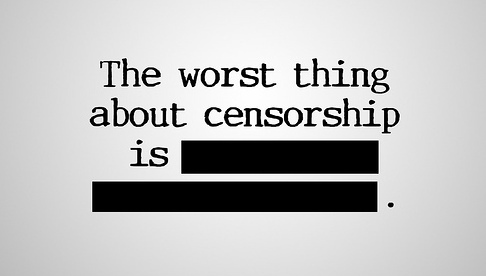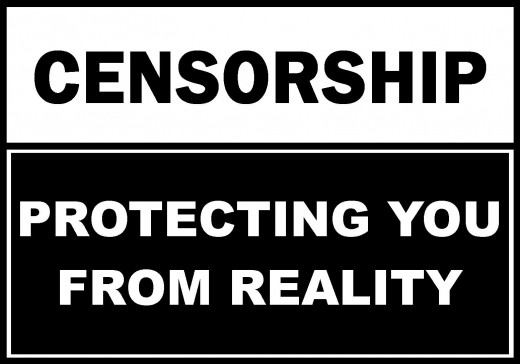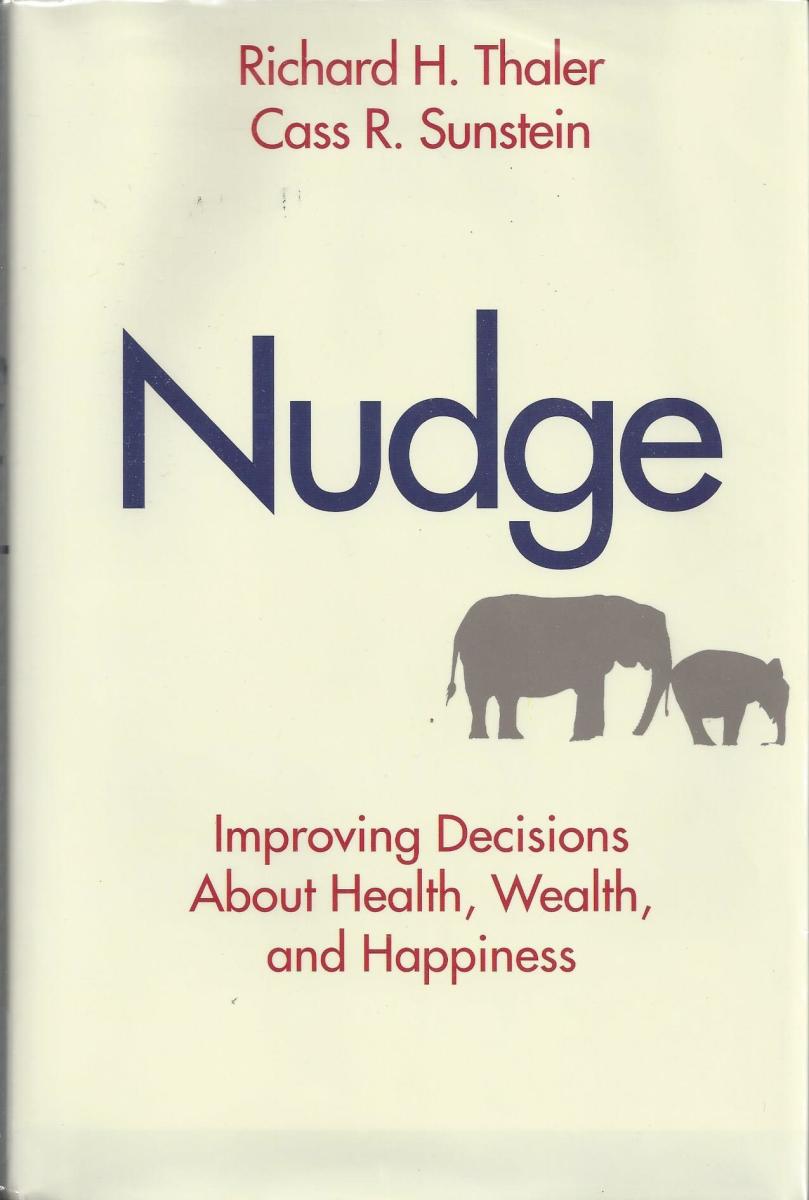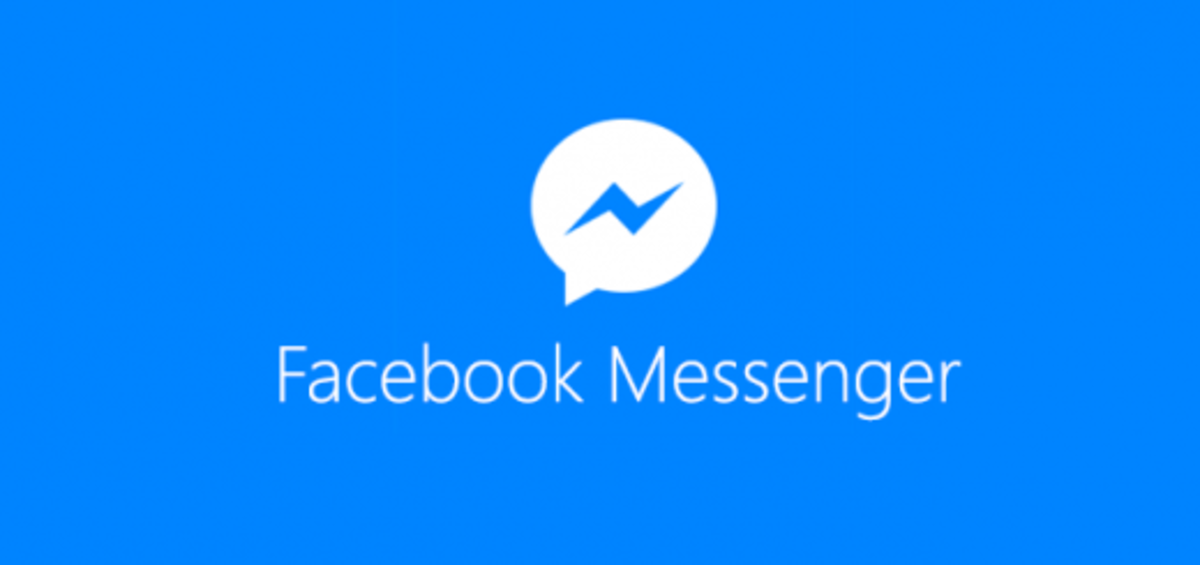Censorship Could Threaten the Very Nature of Freedom

Introduction
Over the years, the internet has become a global necessity. Advances in technology have made it easier for anyone to get information about any topic. Additionally, applications and software keep people from across the globe connected, which has resulted in an influx of online information, both good and bad. Due to this, some countries seek to censor the internet. However, even though doing this may be beneficial, internet censorship is dangerous.

Why internet censorship is dangerous
Human rights violations: In the United States, the First Amendment protects the internet, and several other countries have similar laws. Therefore, censoring the internet infringes the freedom of speech and press. These laws advocate the truthful and disclosure of information.
Limitations for valuable information: As a result of there being millions of websites on the internet, sites with crucial details can get wrongly banned, as it is hard to distinguish which ones are harmful and which are safe. This blind censorship can lead to ignorance of important developments or events in the world.
Increased cost: Firstly, a lot of resources and time is spent implementing censorship systems. However this is not the only cost, there is also additional maintenance, monitoring, repair, upgrade costs associated with these systems.
Harmful to business: Censorship can make it hard to get services and products from some businesses (particularly ones on an international scale). This is especially evident for online businesses or those that choose advertise online. As a result, many suffer because of the proprietors being unable to obtain supplies and services from the best sources.
Misuse of power: Irresponsible government officials get away with corruption, power abuse and embezzlement of public funds as a result of censorship. For instance, a leader can limit the exposure of incriminating videos or online content using censorship, and opportunistic leaders can misuse this prohibition to only publish stories that improve their image.
Not Pragmatic: Generally, internet censorship is tough to accomplish because of technical advancements. It is very possible and easy for a banned website to resurface under a different domain name. Cheap proxy servers and VPNs (Virtual Private Networks) also make it possible to re-route internet traffic, and obscure the intended service very easily.
Individual's self-control: People can control what they access online, and parents can monitor what their children see when browsing the web. As a result, mass internet censorship is not needed.

The bottom line
Censorship is removing the ubiquity that the internet originally introduced. Not only this, it violates the freedom of speech, increases government expenses, forms a basis for political offences, limits the availability of useful information and is particularly difficult to effectively implement. These reasons and many more prove that censorship is very dangerous globally when in the wrong hands.








